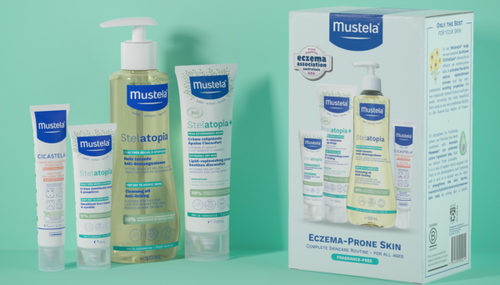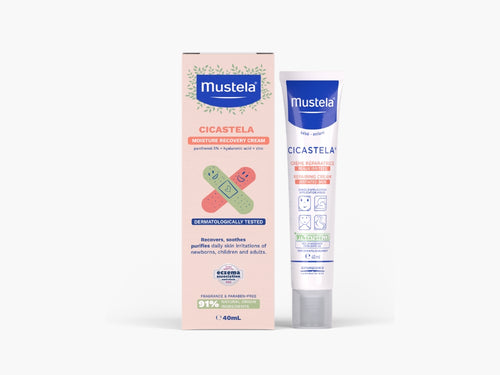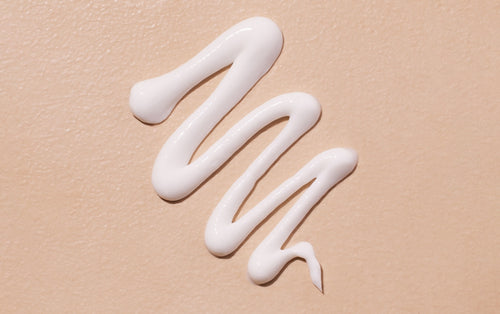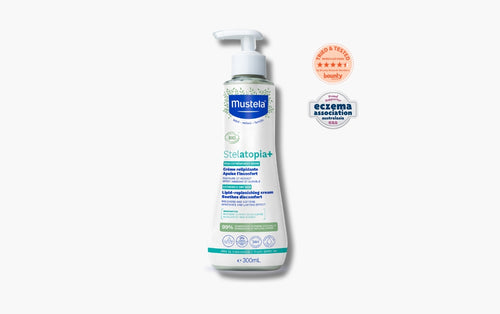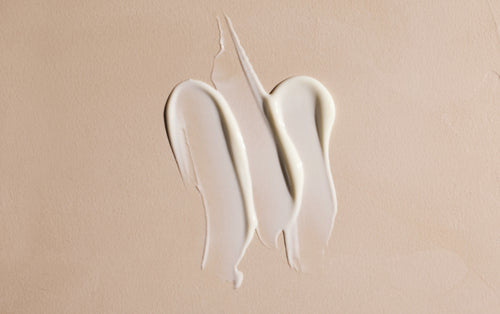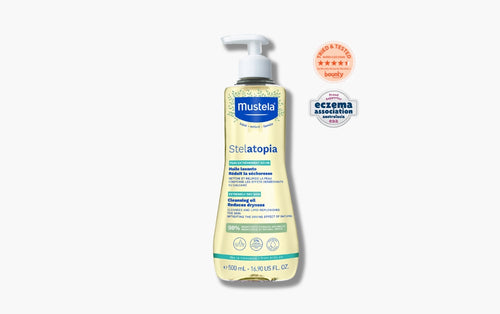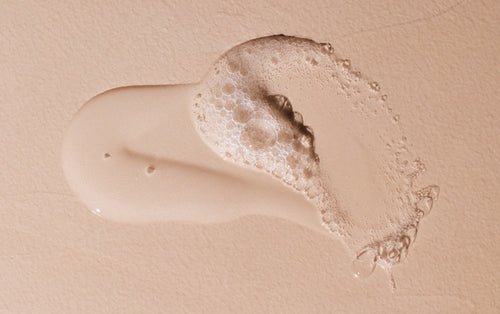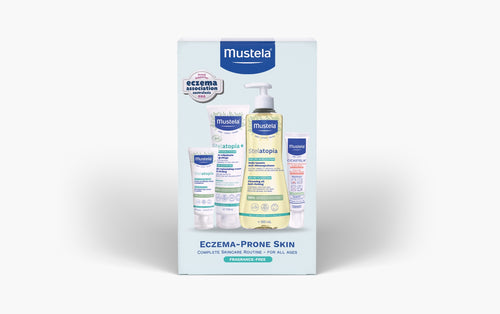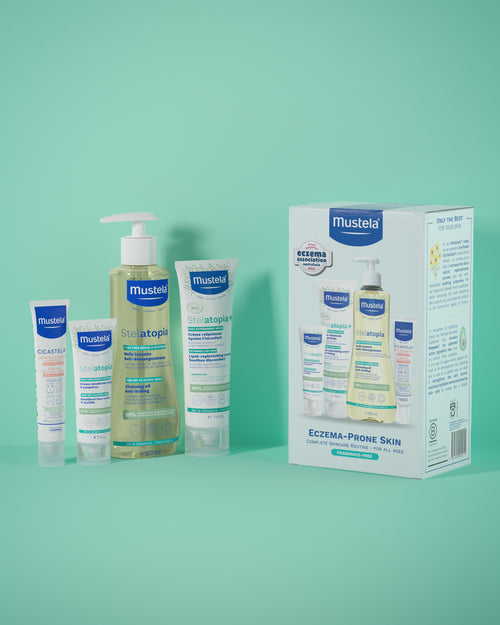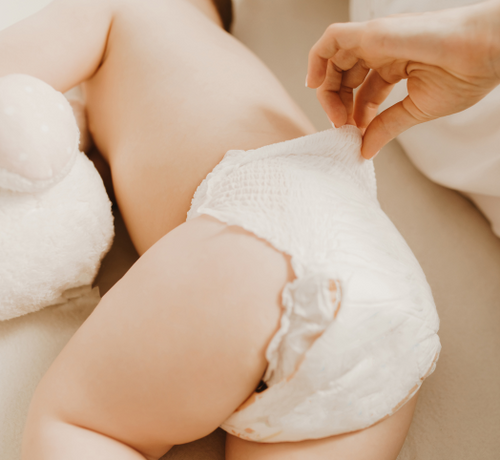Eczema-prone skin alternates between periods of respite and periods of flare-ups...What should be done during these periods? Don't worry; there is nothing too complicated.
During periods of respite
If periods of respite mean a "break" in the child's eczema symptoms, they shouldn't mean a break in treatment. On the contrary, it's the perfect time to pamper your baby's skin, to help it renew and protect itself, and to make it more comfortable (see How can you prevent eczema-prone skin?).
To this end, you must apply daily baby/child emollients. In addition to rehydrating your baby's sensitive skin, they are genuine moments of connection with your child (read our file on The benefits of emollient care). You could even create a little game: a kiss on the shoulder when the application on the right arm is over, two kisses inside the hand when the left arm is done – and don't forget the tickle surprises!
First signs of flare-ups
Has some redness started to appear on your baby's skin? Is it becoming thicker there? Does he have some trouble sleeping? An eczema flare-up is then bound to occur. You can plan for such a situation; in this case, do not hesitate to apply emollients more frequently than usual, even several times daily. They can help heal extreme dryness and immediately reduce itching sensations by up to 95%, especially with Stelatopia+ Lipid Replenishing Cream
Dealing with eczema-prone skin
It can still happen despite all the attention you pay to your baby to avoid eczema-prone skin. Here is a two-step action plan in case of flare-ups:
- Focus on the areas of redness
This means focusing on inflamed areas as soon as they appear. As with many other conditions, the sooner they are treated, the quicker and more effective the cure will be. In this case, the treatment your doctor prescribes is more efficient. Indeed, whether the patches are irritated or already oozing, they need specific, suitable care. Whether it is an ointment or cream, you will undoubtedly have a prescription for topical steroids to apply directly to the skin. They decrease inflammation, redness, skin lesions, itching, swelling, and dry, red patches. Apply the treatment with a light touch of your fingers, and it will soothe your child's skin and help the inflammation disappear within a few days.
- Keep pampering the rest of the body.
That is to say, continue applying daily emollients everywhere else despite the oozing patches. From the face to the toes, after the shower, and as many times as necessary through massages, emollients will continue to repair the skin, making it more supple and hydrated. (Read our advice about the best habits for Baby cleansing: rituals to be adopted and Application of treatment).
Some tips for greater comfort
Another great benefit of emollient care is that it will help relieve itching sensations.
A few tips can enable you to eliminate such unpleasant phenomena or at least help to keep your baby from thinking about them:
- Use cold to anaesthetise the itching. Don't hesitate to put a water atomiser and your emollient in the fridge and take them out before using them, or apply cold compresses.
- If your baby cannot stop scratching, cut his nails regularly to avoid creating lesions.


